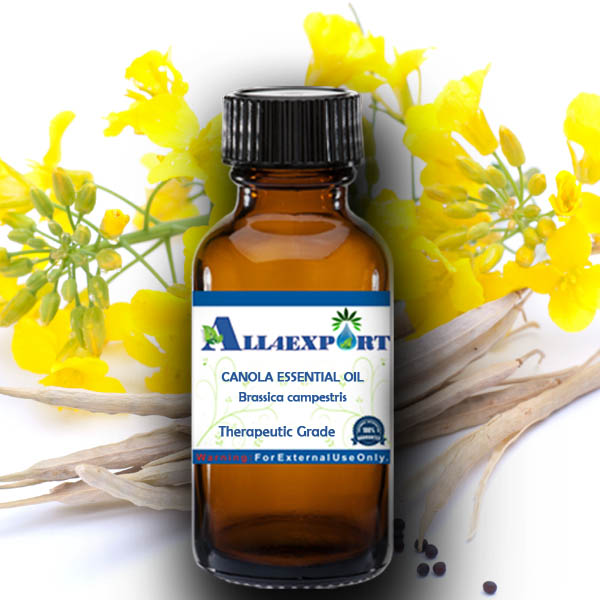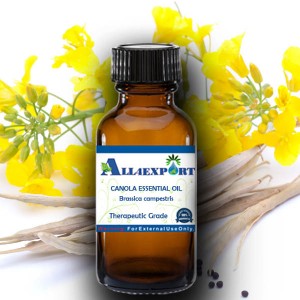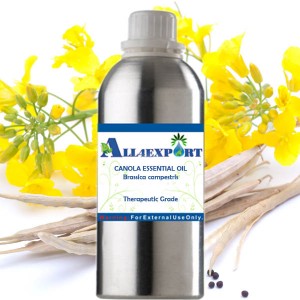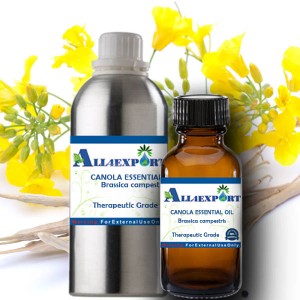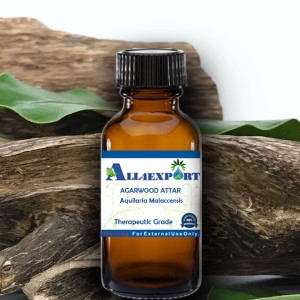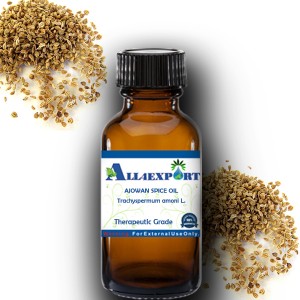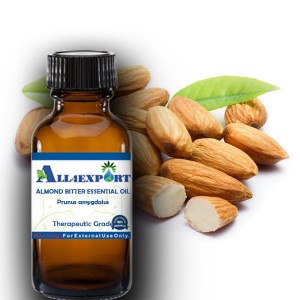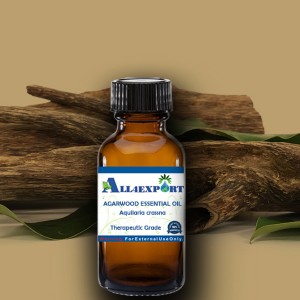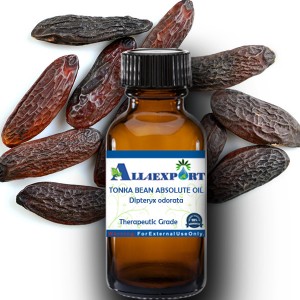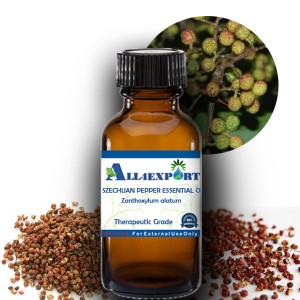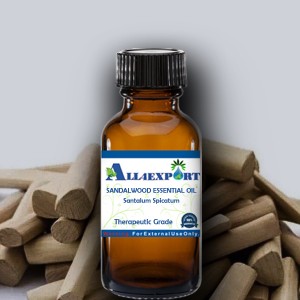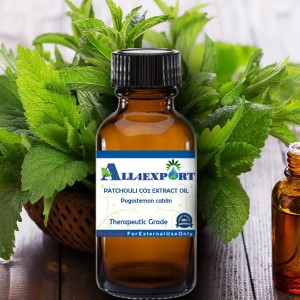| CANOLA ESSENTIAL OIL |
Botanical Name | : | Brassica campestris | Country of Origin | : | India | Solubility | : | N/A | Specific Gravity | : | N/A | Optical Rotation | : | N/A | Reflective Index | : | 1.465 -1.475 | Plant Part | : | Seeds | Blend With | : | N/A | CAS No | : | 8002-13-9/90989-79-0 | Flash Point | : | > 200°C | Extraction Method | : | Steam |
|
Description :The name Canola is derived from the Latin root rapum, which means turnip. Canola Essential Oil is rich in Vitamin E and Omega 3 fatty acids. It has a strong, pungent oily scent.
|
Constituents : Canola oil has a favorable composition of fatty acids. Canola oil is predominantly composed of 63% oleic acid (a monounsaturated fatty acid), 21% linoleic acid, 9% from alpha linolenic acid (a potentially beneficial “plant omega-3 fatty acid”), and 7% saturated fatty acids3. |
Uses : Canola Essential oil is used for drizzling over food where the flavor is required. It is a good replacement for non-renewable resources, such as the petroleum oils used in lipsticks, candles, biofuels, lubricants, and inks.
|
Benefit : Canola oil has ability to improve heart health, lower cholesterol levels, strengthen cell membranes, boost energy levels, reduce the risk of cancer, keep the brain functioning at a high level, and prevent the onset of diabetes. This oil also promotes skin and hair health. |
Caution Note: Keep out of the reach of children. Avoid contact with skin and eyes.
All of the information and opinions that are provided on this web site are for informational and educational purposes only. This information is not intended to replace medical advice given by a medical practitioner. Anyone considering alternative therapies should consult with their medical professional before using an alternative method of healing. We do not give nor is any opinion on our web site medical advice.
|








